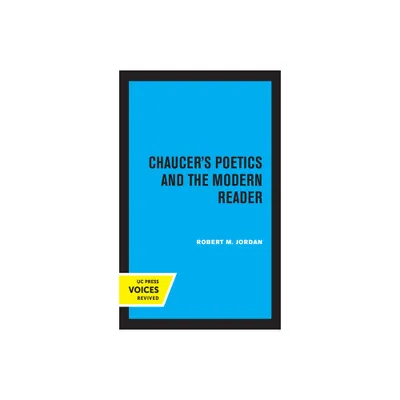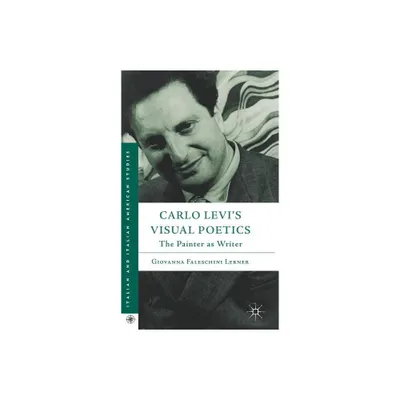Home
Tropes of Engagement: Chaucer's Italian Poetics Intertextuality
Loading Inventory...
Barnes and Noble
Tropes of Engagement: Chaucer's Italian Poetics Intertextuality
Current price: $115.00


Barnes and Noble
Tropes of Engagement: Chaucer's Italian Poetics Intertextuality
Current price: $115.00
Loading Inventory...
Size: Hardcover
*Product Information may vary - to confirm product availability, pricing, and additional information please contact Barnes and Noble
While scholars have long explored connections between Chaucer and Boccaccio, relatively few have asked why Chaucer makes such a habit of obscuring the influence of his favourite vernacular author.
Tropes of Engagement
asks the question of what motivated Chaucer to camouflage his debt to his most prominent, yet never named, Italian source: Giovanni Boccaccio.
Leah Schwebel boldly claims that when Chaucer erases Boccaccio, he is mimicking strategies of translation practiced by his classical and continental predecessors. Tracing popular narratives from antiquity to the late Middle Ages, including the
Knight’s Tale
, the
Clerk’s Tale
Monk’s Tale
,
Troilus and Criseyde
, and Lydgate’s
Fall of Princes
and
Troy Book
, Schwebel argues that authorial erasure, invention, and manipulation are recognizable literary tropes of engagement that poets employ to suggest their connection to, and place within, a broader authorial tradition.
Combining an attention to the cultural, historical, and material circumstances surrounding literary production with a mode of source study that looks beyond discernable influence,
recognizes authors self-consciously erasing and misreading each other as part of a process of mutual and self-promotion.
Tropes of Engagement
asks the question of what motivated Chaucer to camouflage his debt to his most prominent, yet never named, Italian source: Giovanni Boccaccio.
Leah Schwebel boldly claims that when Chaucer erases Boccaccio, he is mimicking strategies of translation practiced by his classical and continental predecessors. Tracing popular narratives from antiquity to the late Middle Ages, including the
Knight’s Tale
, the
Clerk’s Tale
Monk’s Tale
,
Troilus and Criseyde
, and Lydgate’s
Fall of Princes
and
Troy Book
, Schwebel argues that authorial erasure, invention, and manipulation are recognizable literary tropes of engagement that poets employ to suggest their connection to, and place within, a broader authorial tradition.
Combining an attention to the cultural, historical, and material circumstances surrounding literary production with a mode of source study that looks beyond discernable influence,
recognizes authors self-consciously erasing and misreading each other as part of a process of mutual and self-promotion.


















